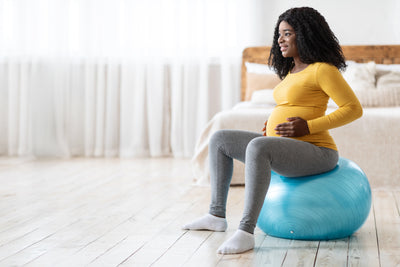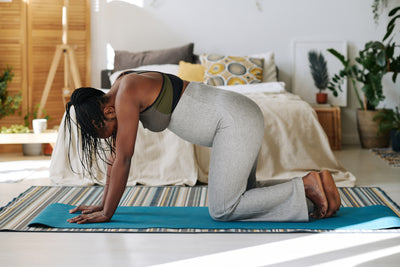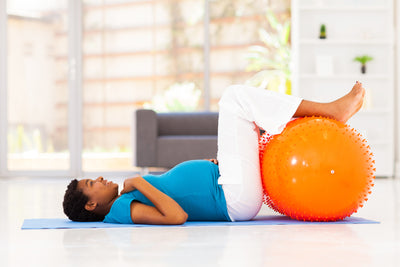Pilates, a form of exercise that promotes flexibility, muscle strength, and endurance, has gained immense popularity over the past few decades. While it's widely embraced in many urban settings, certain communities, especially minority neighborhoods in Brooklyn, have seen limited access to this fitness method. Let's explore the reasons behind this disparity and how The Fit In are pioneering change.
-
Historical Context of the Wellness Industry
The origins of many wellness practices that we know today, including Pilates, are rooted in more affluent communities. For much of its history in the U.S., Pilates has been marketed as a luxury fitness regimen, often associated with celebrity endorsements and upscale studios.
-
Economic Barriers
One of the most palpable reasons for the limited access to Pilates in minority neighborhoods is the cost. Pilates, especially when it involves specialized equipment like the Reformer, can be expensive. Studios often have high overhead costs, which get passed down to clients in the form of membership and class fees. For many residents in minority communities, these prices can be prohibitive.
-
Lack of Representation and Diversity
The wellness industry has, for a long time, suffered from a lack of diversity, both in its clientele and its instructors. This absence of representation can create a perception that Pilates and similar practices are not "for" minority communities. The imagery used in marketing and advertising often lacks racial and body diversity, further alienating potential participants.
-
Limited Awareness and Outreach
Many minority neighborhoods in Brooklyn historically haven’t been targeted by wellness initiatives or outreach programs. There's a certain cyclicality to it: the lack of studios means less exposure, which in turn means less demand, perpetuating the cycle.
-
The Shift Toward Inclusivity: The Fit In’s Contribution
The Fit In, a Brooklyn-based fitness studio, has made significant strides in challenging these historical norms. Recognizing the barriers that have kept Pilates out of reach for many in Brooklyn's minority communities, The Fit In aims to democratize access to wellness practices.
- Affordability: By considering the economic challenges faced by many residents, The Fit In offers competitive pricing, making Pilates more accessible to a broader demographic.
- Diverse Representation: The Fit In emphasizes the importance of representation, both in its clientele and among its instructors. They prioritize hiring trainers from diverse backgrounds, ensuring that everyone feels represented and welcome.
- Community Engagement: Beyond just being a fitness studio, The Fit In actively engages with the community, hosting events and outreach programs to raise awareness about the benefits of Pilates and other wellness practices.
Conclusion
The historical lack of access to Pilates in Brooklyn's minority neighborhoods is a complex issue, rooted in economic, cultural, and societal factors. However, with studios like The Fit In leading the way, there's hope that the landscape of wellness in Brooklyn—and beyond—will become more inclusive, diverse, and accessible to all.






Leave a comment